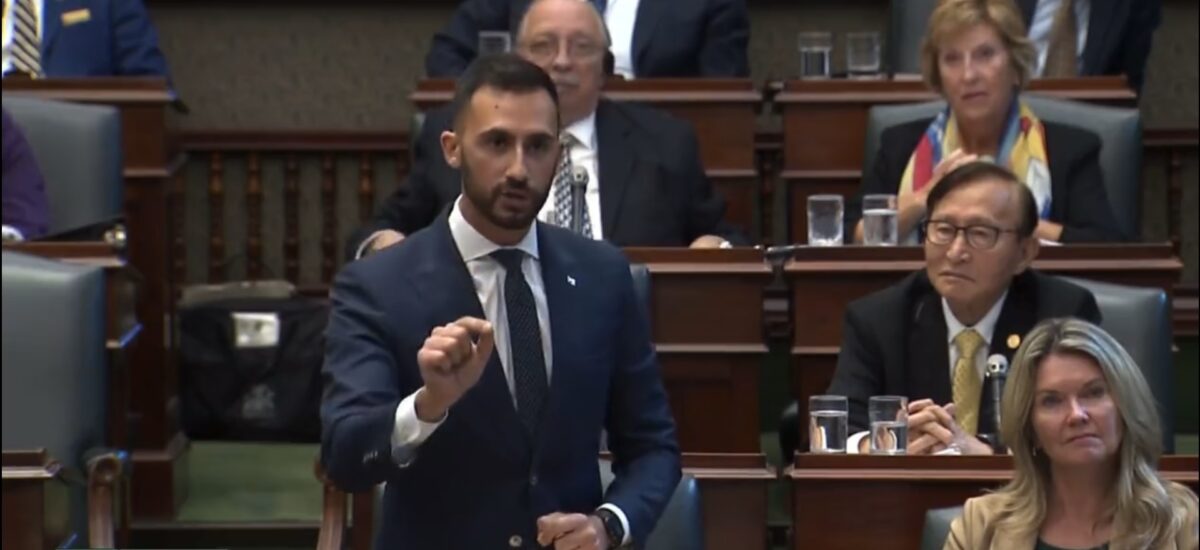The Ontario Secondary School Teacher’s Federation (OSSTF) approved a bargaining plan that could include binding interest arbitration last week. This decision by OSSTF membership could have lasting ramifications for public sector bargaining in Ontario.
The plan approved by OSSTF will have the union engage in bargaining with the provincial government until October 27. Any outstanding issues after that date will be sent to binding arbitration.
READ MORE: Vote on binding arbitration proves contentious for teachers’ unions
rabble spoke with Stephanie Ross, Professor of Labour Studies at McMaster University, who analyzed from an academic perspective what these negotiations could mean for other teachers’ unions.
Ross said that while she respects OSSTF’s right to choose how they navigate bargaining, she has some concerns about the pressure this deal could exert on other teacher’s unions.
“No matter how much unions wish that their decisions only stay in house and affect their own immediate members, that’s just not how labour relations work,” Ross said, “particularly when you have multiple unions bargaining in the same sector and in the same environment.”
Ross pointed to Education Minister Stephen Lecce’s statements on OSSTF’s decision as an example of how pressure to submit to binding arbitration is mounting against other unions.
“With the approval of this agreement, I am calling on all outstanding education unions to reach a deal and end the delay,” Lecce said in a media release. “Nothing should matter more than students being in class and benefiting from uninterrupted learning for the next three years.”
Other teacher’s unions in Ontario, such as the Elementary Teacher’s Federation of Ontario (ETFO), are pursuing a more “traditional route” during bargaining, according to Ross. ETFO will be taking strike votes until October 17, which is a common occurrence during collective bargaining.
Ross said she was concerned that the provincial government might use the OSSTF decision to paint other unions as selfish for taking strikes votes or exercising their right to strike.
“It reflects a larger battle that public sector unions in particular have been fighting for quite a long time,” Ross said. “Governments have wanted to cast their use of the strike tool as somehow selfish and not in the public interest. I think that the OSSTF’s decision reinforces that view.”
In this round of bargaining, voluntary binding interest arbitration has the potential to secure significant economic gains for OSSTF, Ross conceded. However, it sets a dangerous precedent for future bargaining, where large economic gains may not be as likely.
“I think it’s very hard to deny that once you go down this path, that there will be some momentum to continue down this path,” Ross said. “The government will continue to point to this as an example of how labor relations in education should be.”
Ross said that using binding arbitration may lead the union to be dependent on third parties. However, she said that looking at the OSSTF’s own history shows it is possible for Ontario teachers to mobilize and secure the deals they deserve.
“I think that there is a group in the OSSTF membership who just feel so beaten down by successive governments’ lack of respect for their bargaining rights and their right to strike,” Ross said. “This is not good for a union leadership to lean into that lack of belief in the right to strike or to reinforce the idea that building that faith back up isn’t one of the most important things that a union should be doing.”



